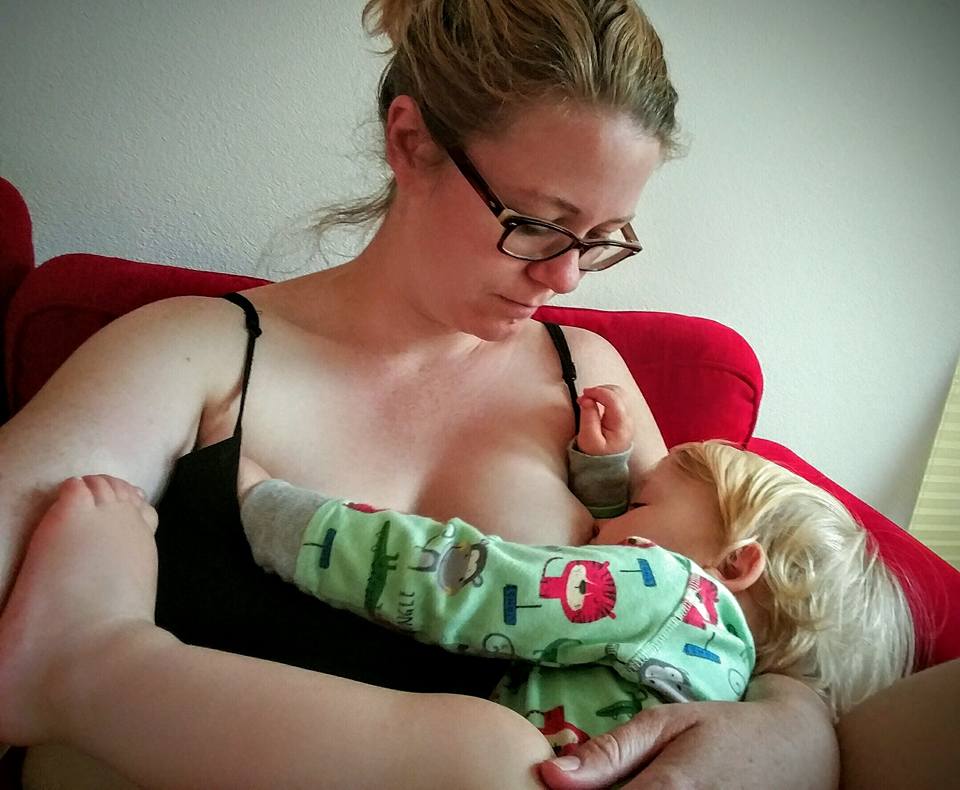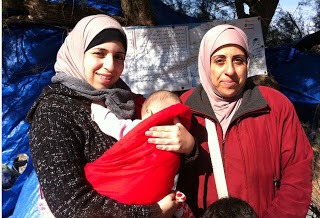One of the reasons that I cried early in the life of my first
That made me feel a lot

A friend recently asked if anybody else is feeling the need to start honing skills and hoarding supplies in preparation for the world to become “a bad (but very real and less glitzy) version of Mad Max”. I was reminded of a novel I read in preparation for the Zurich Writer’s Workshop a few years ago, where a Polish woman was breastfeeding her nine-year-old son while living in the forest during the Second World War. Having a milk supply is handy.
I am then, though, curious about the effects of stress on milk supply (but there’s a whole other post there…). There exists many stories among mothers where stress has ‘dried up’ their milk, or at least significantly reduced their supply, like Sharon’s weaning story after the loss of her sister-in-law, or my own mother’s description of her milk drying up when I was a few weeks old, after my dad’s stepfather died. And there does exist a real study (!) that demonstrate that “various types of stressful stimuli can depress lactation”. Surely being thrown into a life-or-death wartime situation is as stressful as it can get, right?
When I was in Berlin for a breastfeeding study day recently, there was the mention of Hurricane Katrina and some of the horrific stories that emerged. There was a discussion of the importance of breastfeeding for survival in emergency situations, and how the risks to a not-exclusively-breastfed baby in such situations is incredibly high — lack of a reliably constant source of formula, lack of a reliably constant source of clean water, and lack of guaranteed sterility of bottles and teats. Breastfeeding in emergency situations ensures a baby’s nutritional security, so long as the mother has enough food and water to ensure her own survival. I mentioned that I had heard that formula samples were being handed out to Syrian refugee mothers. As such, a flurry of lactation support headed to landing sites to assist mothers by providing education, support, ensuring good nutrition and hydration, and a safe place for them to breastfeed, and potentially even the education and support necessary to allow

‘The culture of bottle feeding in Syria and Jordan was perpetuated through the untargeted distribution of breastmilk substitutes (BMS) in the early days of the response and the concept that poor diet among lactating women negatively impacted on their ability to breastfeed. Especially during the first phase of the influx of refugees into Jordan (end of 2012 and through the first half of 2013), many non-governmental organisations (NGOs), community-based organisations and well-meaning donors from Gulf countries distributed huge amounts of BMS to refugees in camps and host communities. BMS products were not distributed according to assessed needs, for example to mothers who were unable to breastfeed. BMS were usually included as a general item in food baskets distributed to refugee families. Those distributions were in general ‘once-off’ distributions with no provision for sustained supply to infants established on these products.’ (Reference)
Am I the only person that thinks of these things?
(Edit: I found an interesting post here, on the page The Fearless Formula Feeder, about feeding in emergency situations. It’s an interesting read, and worth mentioning.)



